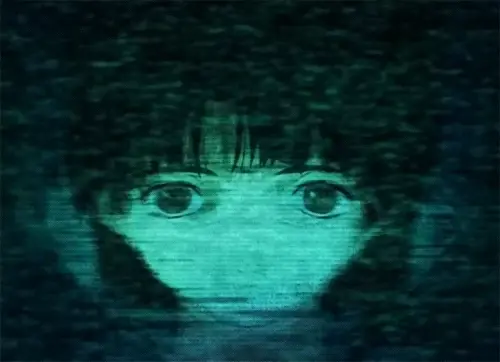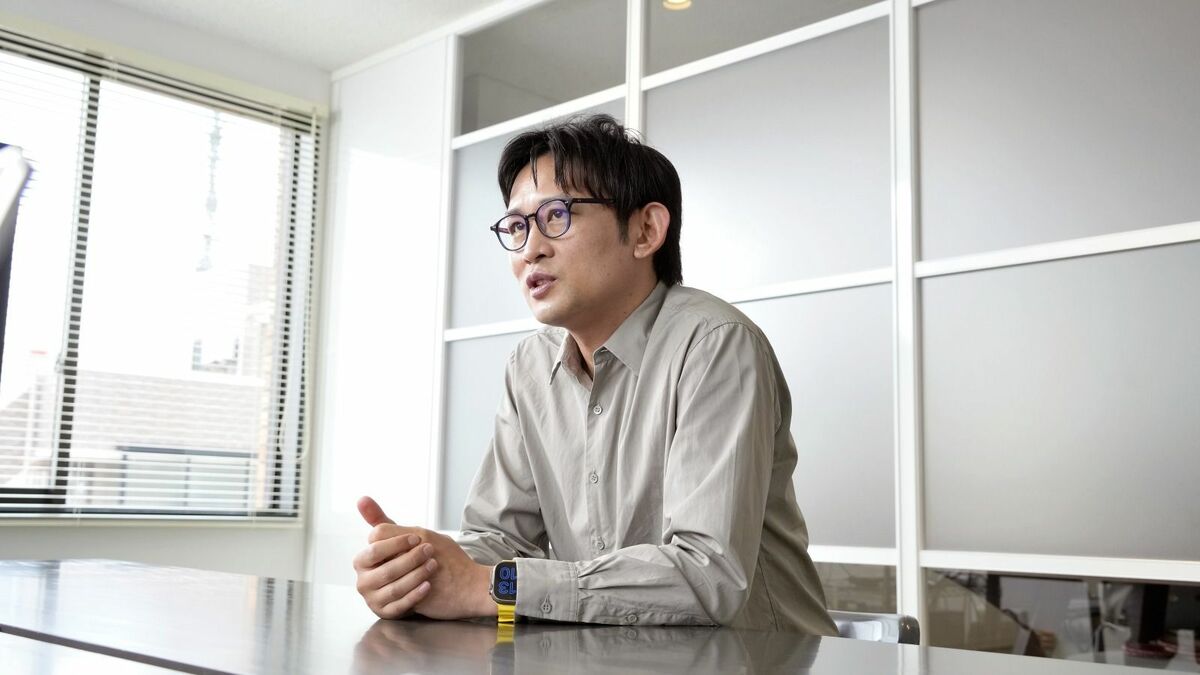Let me preface this by saying that MAPPA is a company known for overworking their employees, so any talk about "investing in human resources" feels really disingenuous. Having said that, I think this interview gives an interesting overview of where the industry will be heading in the future, especially since we've been talking about it recently.
Big takeaways (based on my opinions here slightly, sorry for the game of Chinese telephone):
-
Production Committees suck because they hoover up all the merchandising and distribution rights, leaving animation studios with no profits, so in order to grow more studios are starting to adopt the KyoAni model (or the example used in the interview is the game studio model) where they shoulder 100% of the financial risks of producing the shows, in exchange for 100% of the rights and profits.
-
Because of the slow turn-around time of production (2-3 years to make 12 episodes) most studios are stuck churning out mass-market drek while waiting for the required funds to fully invest in a show to secure the rights. Previously this mostly took the form of an anime original, however with MAPPA they decided to go all in on Chainsaw Man, an already existing work. (I will note that this process was probably easier for MAPPA, because their previous productions were already guarantied hits like Jujutsu Kaisen and Attack on Titan Final Season).
-
The CSM anime was a financial success, mostly thanks to streaming, however it didn't sell more BD's than Jujutsu Kaisen which was what MAPPA was hoping for. "We will explore how to approach the target audience who will pay money for the work of "Chainsaw Man"." is one of the most fucking ominous sentences I've read in my entire life - translated from CEO speak it's either "we're going to pander to the Japanese Otaku" or "we're going to work on getting more BD's and merchandise to foreign markets" and it's going to be 50/50 which way it goes.
(Personally, I'd prefer the latter- what made the adaptation interesting to me was how unique it was, and while I don't agree 100% with those creative decisions I'd rather take something new stylistically over what's "safe".)
That sentence is also really funny to me because everyone knows that CSM fans are broke.
-
"As the number of animated works produced increases year by year, the key question is whether we can generate sufficient supply to meet the strong demand. The most important factor is money. Without money, it is impossible to nurture and develop the production environment." Something something Karl Marx, something something Das Kapital.
-
"The problems of wages and the production environment are not forced upon us by other companies, but are in part created by ourselves." Most self-aware CEO. Please let the animators go home and sleep.
-
In a surprisingly far-sighted take, in his opinion the largest risk factor to the industry is foreign streaming services like Netflix consolidating demand.
I think Sakuga blog talked about it before, but this just kinda backs up what they said- we're going to see two tiers of studios- those who have the capital to invest in their own productions and original IP in order to produce higher quality work, and those at the mercy of the production committee system who're stuck churning out low quality adaptations. Also we're probably going to see a larger emphasis on streaming, to the point where streaming numbers are taken as the metric for success for anime over BD numbers (although I don't know if Japan has a large enough domestic market to cater to, as opposed to Netflix/Crunchyroll).
So if you want to watch good shows, you're basically stuck with anime originals or the handful of big studios that basically can afford to own their own distribution/merchandising rights's (KyoAni, UFOtable, I guess MAPPA, Sunrise [although Sunrise is a special case]) or cross your fingers and hope a passion project adaptation like Oshi no Ko or Bocchi the Rock comes from a smaller studio, and hope that the success of those passion projects allow their studios to build up to moving up a tier.



Ah! Of course original anime would have the rights go to the studio making it! Somehow that escaped me
Thanks for listing those out!